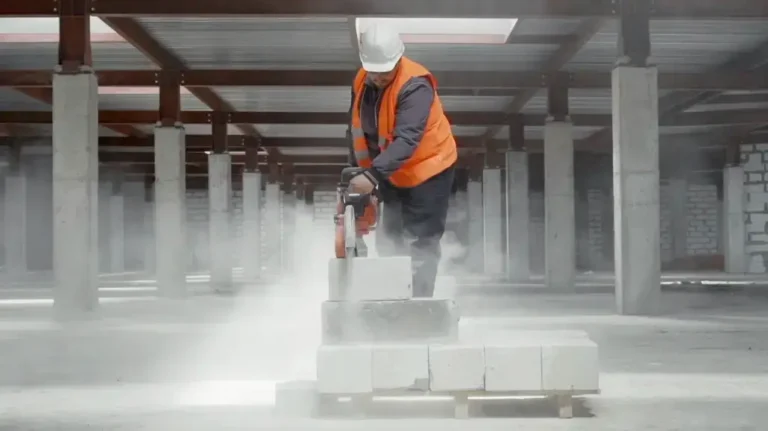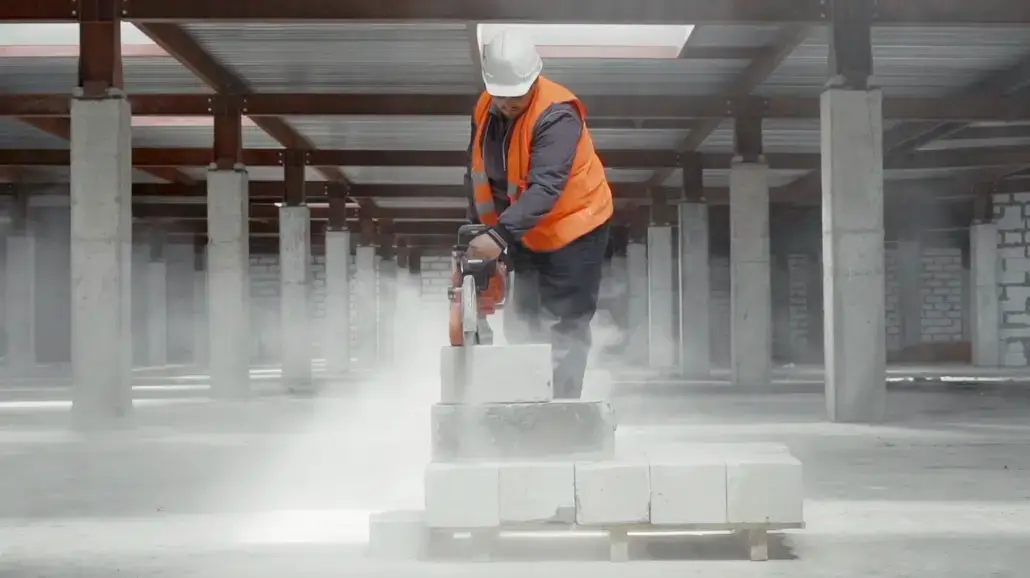
In a significant development aimed at ensuring the safety of workers, the Occupational Safety and Health Standards Board has approved an emergency temporary standard on respirable crystalline silica. This standard, set to go into effect on December 29, 2023, is a vital step in protecting workers from the hazards of silicosis. At Reliance Safety Consultants, our mission is to assist California businesses in complying with safety regulations and prioritizing the well-being of their employees. In this blog post, we will delve into the recent news regarding the emergency standard, explore ways to protect your workers from silicosis, and introduce our comprehensive online course dedicated to this critical topic.
Understanding the Emergency Temporary Standard
The emergency temporary standard, approved on December 14, 2023, comes with specific requirements aimed at safeguarding workers engaged in high-exposure tasks. These tasks include cutting, grinding, polishing, and cleanup of artificial stone containing more than 0.1% crystalline silica and natural stone containing more than 10% crystalline silica.
Key Provisions of the Standard:
Permissible Exposure Limit (PEL): The standard establishes a Permissible Exposure Limit (PEL) for respirable crystalline silica to limit worker exposure during high-exposure tasks.
Control Measures: Employers must implement engineering controls and work practices to minimize silica dust exposure in tasks involving artificial and natural stone with high silica content. This may involve the use of water suppression systems, adequate ventilation, and proper dust collection equipment.
Respiratory Protection: In situations where engineering controls fall short in reducing exposure below the PEL, employers are required to provide suitable respiratory protection to workers.
Training: Employers must ensure that workers are adequately trained to recognize the hazards of silica dust exposure and follow safe work practices. Proper use of personal protective equipment (PPE) like respirators is emphasized.
Protecting Workers from Silicosis
Prioritizing worker safety and compliance with the new standard involves a proactive approach. Here are key steps businesses can take to protect their employees from silicosis:
Assess Exposure: Regularly assess silica dust exposure levels, particularly in high-exposure tasks involving artificial and natural stone. Identify tasks and areas with the highest risk of exposure.
Implement Controls: Implement engineering controls and work practices that effectively reduce silica dust emissions. This includes using wet methods, localized ventilation, and enclosing processes generating dust.
Employee Training: Provide comprehensive training to workers, emphasizing the hazards of silica dust exposure, safe work practices, and the correct use of personal protective equipment, including respirators.
Respiratory Protection: Ensure workers have access to appropriate respirators when necessary. Conduct fit testing and provide training on the proper usage and maintenance of respirators.
Health Monitoring: Establish a medical surveillance program to monitor the health of workers exposed to silica dust. Early detection of silicosis symptoms is crucial for timely intervention.
To support businesses and their employees in achieving compliance with the new standard and preventing silicosis, Reliance Safety Consultants is proud to offer a comprehensive online course dedicated to this critical topic. Our course covers the following key areas:
- In-depth understanding of respirable crystalline silica and its associated health hazards.
- Compliance with the new emergency standard and its specific requirements for high-exposure tasks.
- Practical guidance on implementing effective control measures tailored to artificial and natural stone work.
- Proper usage of respiratory protection and other personal protective equipment.
- Strategies for health monitoring and surveillance, with a focus on early detection.
- Real-world case studies and best practices for silica dust management.
The approval of the emergency temporary standard on respirable crystalline silica is a pivotal step toward creating safer workplaces for workers across various industries. At Reliance Safety Consultants, our commitment is to assist California businesses in achieving safety compliance and ensuring the well-being of their employees. Take action today by enrolling in our online course, and together, we can prevent silicosis, protect workers, and make a positive impact on workplace safety. Your employees deserve nothing less than a safe and healthy work environment.

Indoor Heat Safety: Compliance and Prevention in California Workplaces
In a proactive move towards ensuring workplace safety, the California Occupational Safety and Health Standards Board has introduced a new regulation, Section 3396, under Title

Protecting Outdoor Workers from Heat Illness in California
As temperatures soar in California, outdoor workers face increased risks of heat illness. Cal/OSHA’s recent reminder underscores the importance of employers taking proactive measures to

Safeguarding Your Business: The Importance of Compliance with Cal/OSHA Regulations
In the bustling streets of San Francisco, tragedy struck on September 28, 2023, when a routine construction project turned fatal. D’Arcy & Harty Construction, Inc.,

Addressing Workplace Violence: Strategies for a Safer Environment
In today’s dynamic work landscape, ensuring a safe and secure workplace environment is paramount. While many hazards are addressed through standard safety protocols, one often

Cal/OSHA Increases Civil Penalty Amounts for 2024
On January 1, 2024, Cal/OSHA implemented increases in penalties for certain violations to align with inflation and state/federal laws. This annual adjustment, mandated by legislation

Understanding Injury & Illness Prevention Program (IIPP): Documentation Compliance Requirements
In every workplace, ensuring the health and safety of employees is paramount. One of the most critical components of maintaining a safe work environment is



